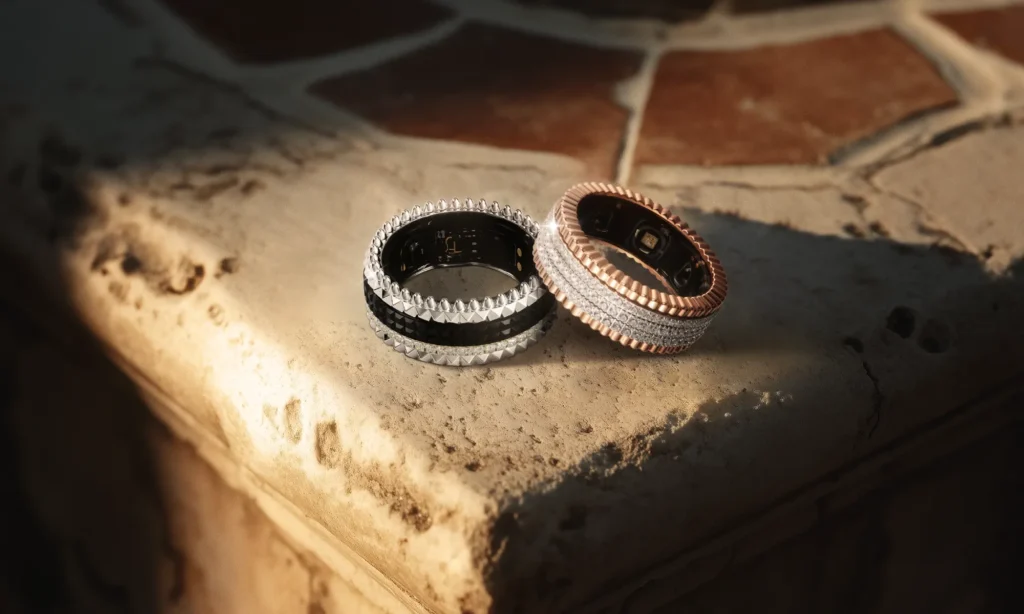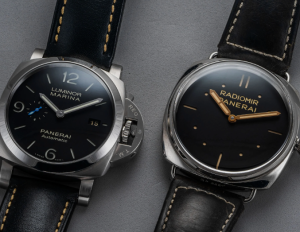Key Takeaways
- Objective Stress Measurement: A smart ring provides an objective, data-driven way to measure your body's stress levels by tracking Heart Rate Variability (HRV), moving beyond just “feeling” stressed.
- HRV is a Vital Sign for Resilience: HRV measures the variation in time between your heartbeats. A higher HRV generally indicates a more resilient, relaxed, and recovered nervous system, while a low HRV is a sign of stress or fatigue.
- Actionable Insights Lead to Real Change: By monitoring daily HRV trends, you can pinpoint specific stressors (like poor sleep, late meals, or work pressure) and see the immediate positive impact of interventions like meditation, light exercise, or better sleep hygiene.
- Personalized Guidance is Key: Advanced devices like the VERTU Aura Ring don't just present data; they offer personalized insights and proactive guidance, helping you understand why your body is stressed and what to do about it in real-time.
My Battle with an Invisible Enemy: Modern Stress
For years, stress was an invisible enemy I fought daily. It was the background noise to my life as a professional—a constant pressure in my chest during meetings, a racing mind when I tried to sleep, and a persistent fatigue that coffee couldn't fix. I tried everything from mindfulness apps to weekend getaways, but these felt like temporary fixes. I lacked a fundamental understanding of what was truly happening inside my body. I needed data, not just a guess. This need for clarity is what led me to explore the world of advanced wearables, and ultimately, to a smart ring that didn't just track my activity, but transformed my entire approach to well-being.
What is HRV, and Why Is It the Ultimate Stress Metric?
Before this journey, the term Heart Rate Variability (HRV) was foreign to me. I learned that it's one of the most powerful and sensitive metrics for understanding your body's readiness and stress levels. HRV is not your heart rate; it's the precise measurement of the tiny variations in time between each heartbeat. Think of it this way: a healthy, resilient heart doesn't beat like a metronome. These slight irregularities are a sign that your autonomic nervous system is balanced and responsive. A high HRV means your body is in a state of rest and recovery (parasympathetic dominance), while a consistently low HRV is a clear physiological signal of stress, illness, or overtraining (sympathetic dominance).
From Burnout to Balance: My First 30 Days with a Smart Ring
My search for the right device ended with the VERTU Aura Ring, chosen for its reputation for precision biometric sensors and its discreet, durable design. The first morning, I woke up and checked my app. It presented a simple “Readiness Score” based on my previous night’s HRV, resting heart rate, and sleep quality. It was low. The data was confronting but empowering. For the first 30 days, I became a detective of my own physiology. I discovered undeniable patterns: my HRV would plummet after a late-night glass of wine, on days with back-to-back video calls, or when I skipped a lunch break. The ring wasn't just a tracker; it was a mirror reflecting the true impact of my lifestyle choices.
Turning Data into Action: How the Smart Ring Guided My Recovery
Seeing the data was one thing; acting on it was another. This is where the smart ring became an indispensable partner. When my app noted a low HRV score in the morning, it would suggest a lighter day—perhaps a walk instead of a high-intensity workout or a 10-minute guided breathing session. The VERTU Aura Ring excelled here, offering real-time prompts based on my body's signals. For instance, after a particularly stressful meeting, a gentle vibration would remind me to take a moment to breathe, helping me actively shift my nervous system back towards recovery. This proactive intervention was the crucial link between simply knowing I was stressed and actively doing something about it.
The Ripple Effect: Unexpected Benefits of Mastering My HRV
While my primary goal was stress management, the benefits of monitoring my HRV rippled out into every corner of my life. My sleep quality dramatically improved because I could see the direct correlation between a consistent bedtime and a higher HRV score. I learned to optimize my workouts, pushing harder on high-HRV days and focusing on active recovery when my body signaled it needed a break. I even found I could predict the onset of illness, as a sudden, sharp drop in HRV often preceded me feeling sick, giving me a chance to rest and recover faster.
Finding the Right Smart Ring for Your Stress Management Journey
Choosing a smart ring is a personal decision, but the most important factors for stress management are the accuracy of the HRV sensors and the quality of the insights the app provides. A device that simply gives you a number is less valuable than one that helps you build a narrative around your well-being.
| Feature | VERTU Aura Ring | Oura Ring 3 | Ultrahuman Ring Air |
| HRV Accuracy | Medical-Grade Precision Sensors | High | High |
| Stress Monitoring | Real-time alerts & proactive guided interventions | Daily/Weekly Readiness Score | Metabolism and Stimulant Window Focus |
| Sleep Analysis | Advanced Sleep Staging & Chronotype Analysis | Industry-Leading Sleep Algorithm | Sleep Index Score |
| Key Selling Point | Luxury build, proactive stress management, and personalized coaching. | Established, data-rich ecosystem for sleep tracking. | Focus on metabolic health and caffeine timing. |
| Materials | Scratch-proof Sapphire Glass, Medical-Grade Titanium | Titanium with PVD Coating | Titanium with Tungsten Carbide Coating |
| Battery Life | 5-7 Days | 4-7 Days | 4-6 Days |
Recommended Audience
A smart ring for HRV tracking is highly recommended for:
- Busy Professionals: To quantify and manage workplace stress, prevent burnout, and optimize mental performance.
- Athletes and Fitness Enthusiasts: To guide training schedules, optimize recovery, and avoid overtraining.
- Health & Wellness Biohackers: For those who want to deeply understand their physiology and fine-tune their lifestyle for optimal health.
- Anyone Proactive About Their Health: If you are seeking to improve sleep, build resilience, and gain a deeper connection between your mind and body.
Frequently Asked Questions (FAQ)
Q1: In a business scenario, how can a smart ring help manage work stress?
In a demanding work environment, a smart ring acts as an early warning system. By tracking your HRV, you can see the physiological impact of a stressful day. For example, if you notice your HRV is trending down during a project launch, you know it's time to prioritize recovery. The VERTU Aura Ring can provide discreet alerts, prompting you to take a 5-minute walk or a brief meditation break to reset your nervous system before stress becomes chronic.
Q2: How exactly does tracking HRV improve my sleep?
The ring tracks your HRV throughout the night to determine the quality of your restorative sleep. You can easily see how factors like a late meal, evening screen time, or alcohol affect your sleep quality and your next-day HRV. This allows you to run personal experiments and build an evening routine that is scientifically proven (by your own data) to deliver deep, rejuvenating sleep.
Q3: As an athlete, how can HRV data guide my workouts?
HRV is a game-changer for athletic performance. A high HRV score in the morning signals that your body is fully recovered and ready for a challenging workout. A low score suggests you may be better off with a light session or a rest day to prevent injury and overtraining. This data-driven approach ensures you are training smarter, not just harder.
Q4: I love hiking and the outdoors. Is a smart ring durable enough?
Absolutely. Premium smart rings are designed for 24/7 wear. The VERTU Aura Ring, for example, is crafted from medical-grade titanium and scratch-proof sapphire glass, making it both lightweight and exceptionally durable. It's water-resistant and built to withstand the rigors of any adventure, from the boardroom to the mountain peak.









